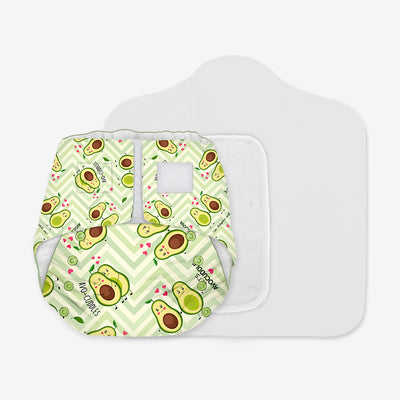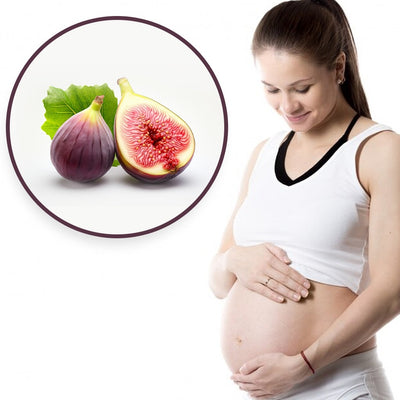Cough and Cold During Pregnancy

Cough and Cold During Pregnancy
Cough and cold are common ailments that can make anyone feel miserable, but when you're pregnant, finding relief becomes a bit more complicated. You want to make sure that any medication you take is safe for both you and your baby. In this article, we will explore the topic of cough and cold medicine during pregnancy, discussing what options are available to you and how to make informed choices. Taking medication during pregnancy can be a daunting task, as you may be concerned about potential risks and side effects. However, it's important to remember that not all medications are off-limits. With the guidance of your healthcare provider, you can find suitable remedies that will help alleviate your symptoms without harm. Don't let cough and cold get the better of you – read on to find out how to find relief while keeping you and your baby safe.
The causes of dry cough and cold during pregnancy
You may be more prone to cold and flu symptoms if your immune system is not functioning as it should. As was previously mentioned, rhinoviruses are the most common type of virus that causes colds. On the other side, coughing during pregnancy may result from bacterial or viral infections in the respiratory system brought on by a cold. The irritation brought on by air pollution, which is a frequent occurrence in many Indian cities, can make the cough worse. A cold may occasionally be followed by a bacterial or viral infection, so it's important to always watch out for infection symptoms like fever and yellow, green, or red mucus.
How to Avoid Getting a Cold While Pregnant?
Frequent Handwashing: Wash hands with soap and water regularly, especially after being in public places, to reduce the risk of viral transmission.
Avoid Contact with Sick Individuals: Minimize exposure to people with cold or flu symptoms. Maintain distance, and politely decline close contact.
Boost Immunity Through Nutrition: Consume a well-balanced diet rich in fruits, vegetables, and whole grains to strengthen the immune system.
Stay Hydrated: Drink plenty of water to keep the body hydrated, supporting overall health and immune function.
Adequate Rest: Ensure sufficient sleep to help the body recover and maintain a strong immune response.
Regular Exercise: Engage in moderate exercise with your healthcare provider's approval, as it can enhance immune function.
Proper Ventilation: Ensure good ventilation in living spaces to reduce the concentration of airborne viruses.
Avoid Touching the Face: Refrain from touching the face, especially the eyes, nose, and mouth, to prevent the transfer of germs.
Use Tissues or Elbow for Coughs and Sneezes: Cover your mouth and nose with a tissue or your elbow when coughing or sneezing to prevent the spread of respiratory droplets.
Flu Vaccination: Consult with your healthcare provider about getting the flu vaccine, which can help prevent certain strains of influenza.
Maintain a Healthy Home Environment: Keep your living spaces clean and well-ventilated, and regularly disinfect surfaces to reduce the risk of viral
contamination Manage Stress: Practice stress-reducing techniques such as meditation or deep breathing to support a healthy immune system.
Stay Informed: Stay updated on health guidelines and recommendations to adapt your preventive measures accordingly.
Always consult with your healthcare provider before making significant changes to your lifestyle or if you have concerns about your health during pregnancy. Following these guidelines can significantly reduce the risk of catching a cold and help promote a healthy pregnancy.
Medicines For Cough in Pregnancy
Making an informed decision is crucial when selecting a cough medication during pregnancy. Before turning to over-the-counter medications, you can attempt a number of home remedies. For example, breathing in steam, showering in hot water, drinking ginger tea, and so forth. Your doctor, however, will be the best person to determine whether or not you require medication based on your symptoms.
Medicines For Cold in Pregnancy
Even though common colds can be very irritating, it is always preferable to start treatment with home remedies. When the symptoms of a common cold don't go away, though, you should see your doctor, who will write a prescription. Below is a list of pregnancy-safe cold remedies for your convenience.
When treating a runny nose during pregnancy, older (1st generation) antihistamines are usually the first line of treatment.
After the first trimester of pregnancy, newer (2nd generation) antihistamines can be a good substitute for the ones mentioned above.
Pregnant women can safely use nasal sprays containing intranasal corticosteroids.














